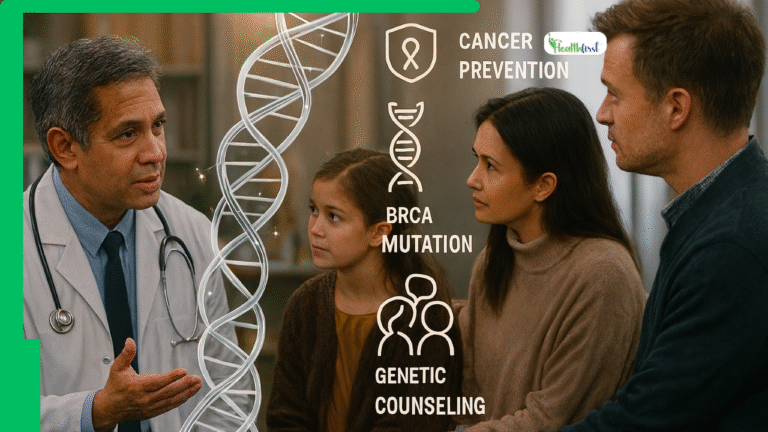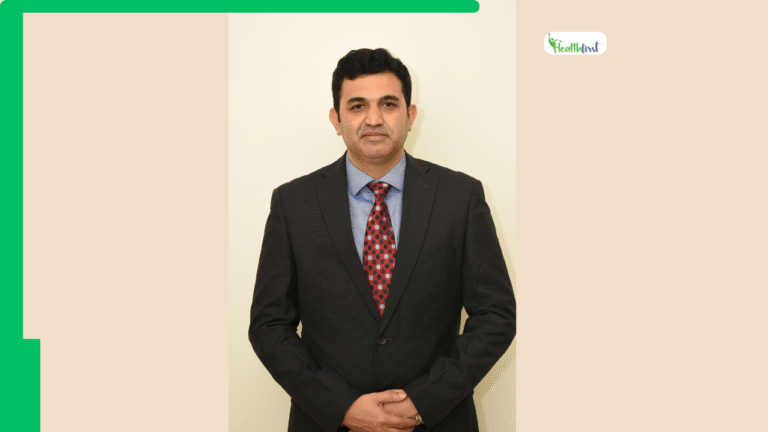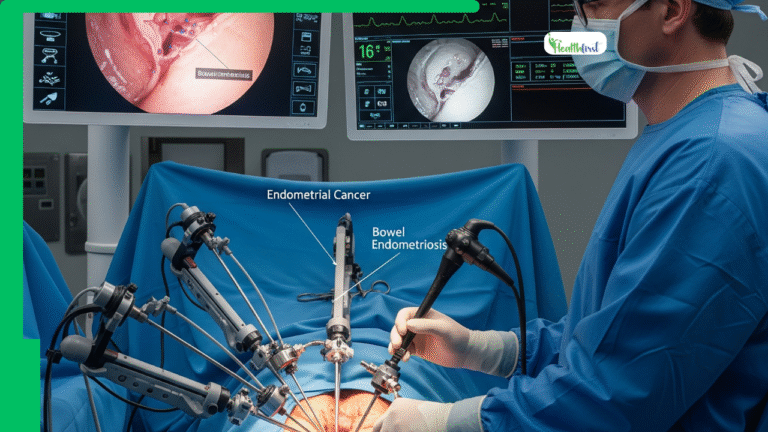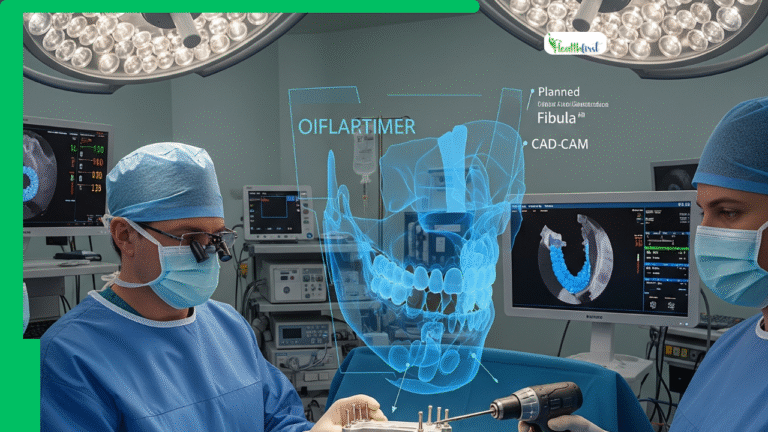Introduction
Receiving a cancer diagnosis can be one of the most overwhelming experiences in a person’s life. The emotional impact is profound and multifaceted, often leading to feelings of fear, anger, sadness, and confusion. Understanding how to cope with these emotions is crucial for both patients and their loved ones. This blog will explore effective strategies for managing the emotional challenges that come with a cancer diagnosis.
Understanding the Emotional Landscape
Shock and Denial
The initial response to a cancer diagnosis is often shock. This reaction can manifest as numbness, disbelief, or an inability to process the information. Denial can serve as a protective mechanism, allowing individuals time to gradually come to terms with the overwhelming news. It is a natural first step in the emotional healing process.
Fear and Anxiety
Concerns about the future, treatment options, and the possibility of death can lead to heightened anxiety levels. Patients may feel uncertain about their prognosis or fear the side effects of treatment. Recognizing these feelings as normal is essential for coping. It’s crucial to validate these emotions rather than suppress them, as this acknowledgment is the first step toward managing anxiety.
Anger and Frustration
Experiencing anger is common when faced with a cancer diagnosis. Patients may feel anger towards the situation, themselves, or even healthcare providers for perceived shortcomings in communication or treatment. Understanding that these feelings are valid can help in expressing them constructively. Finding healthy outlets for this anger, such as talking with a trusted friend or writing in a journal, can be beneficial.
Sadness and Grief
The emotional toll of a cancer diagnosis often includes sadness and grief. Individuals may mourn the life they had before the diagnosis, which can lead to a profound sense of loss. This grief is an important emotion that should be acknowledged. Allowing oneself to feel sadness, rather than suppressing it, is essential for emotional healing.
Acceptance
Over time, many individuals find a way to accept their diagnosis. This acceptance does not mean giving up but rather embracing a new reality and seeking ways to live fully. Acceptance can bring a sense of peace and help individuals focus on what they can control, such as their treatment and self-care.
Coping Strategies
1. Seek Support
Emotional Support: Talking to friends and family about feelings can help alleviate emotional burdens. Support groups specifically for cancer patients can also provide a sense of community and understanding, offering an opportunity to share experiences with those who truly understand.
Professional Help: Consider speaking to a therapist or counselor who specializes in cancer-related issues. Professional guidance can offer coping techniques tailored to individual needs, helping patients navigate complex emotions and develop healthy coping strategies.
2. Educate Yourself
Knowledge is empowering. Understanding the specifics of your diagnosis, treatment options, and prognosis can reduce feelings of helplessness and fear. Researching reliable information can also help patients make informed decisions about their care and treatment, fostering a sense of control over their health.
3. Maintain Routine
Keeping a daily routine can create a sense of normalcy and stability. Engage in activities you enjoy, whether it’s reading, gardening, or spending time with loved ones. Establishing a routine can provide structure during a time of uncertainty, helping to reduce anxiety.
4. Practice Mindfulness and Relaxation Techniques
Techniques such as meditation, yoga, and deep-breathing exercises can help manage stress and anxiety. Mindfulness encourages living in the present moment, which can be particularly beneficial during a cancer journey. Regular practice of these techniques can lead to improved emotional resilience.
5. Physical Activity
Engaging in regular physical activity, as permitted by your doctor, can boost mood and reduce anxiety. Even gentle activities like walking, stretching, or dancing can have significant benefits for both physical and mental health. Exercise has been shown to release endorphins, which are natural mood lifters.
6. Nutrition and Self-Care
Maintaining a balanced diet and prioritizing self-care can improve physical well-being, which, in turn, can positively impact emotional health. Eating nutritious foods can enhance energy levels and overall health, making it easier to cope with emotional challenges. Treat yourself to small pleasures, like enjoying a favorite meal or spending time in nature, to enhance well-being.
7. Express Yourself
Journaling, art, or music can serve as outlets for processing emotions. Creative expression can provide relief and a way to articulate feelings that are difficult to verbalize. Engaging in creative activities can also serve as a distraction from stress and provide a sense of accomplishment.
Conclusion
Coping with the emotional impact of a cancer diagnosis is a deeply personal journey. It is essential to recognize that there is no right or wrong way to feel. By seeking support, educating oneself, maintaining routines, practicing mindfulness, engaging in physical activity, and expressing emotions, individuals can navigate their feelings more effectively. Remember, reaching out for help is a sign of strength, and taking small steps toward emotional well-being can make a significant difference in the cancer journey.









